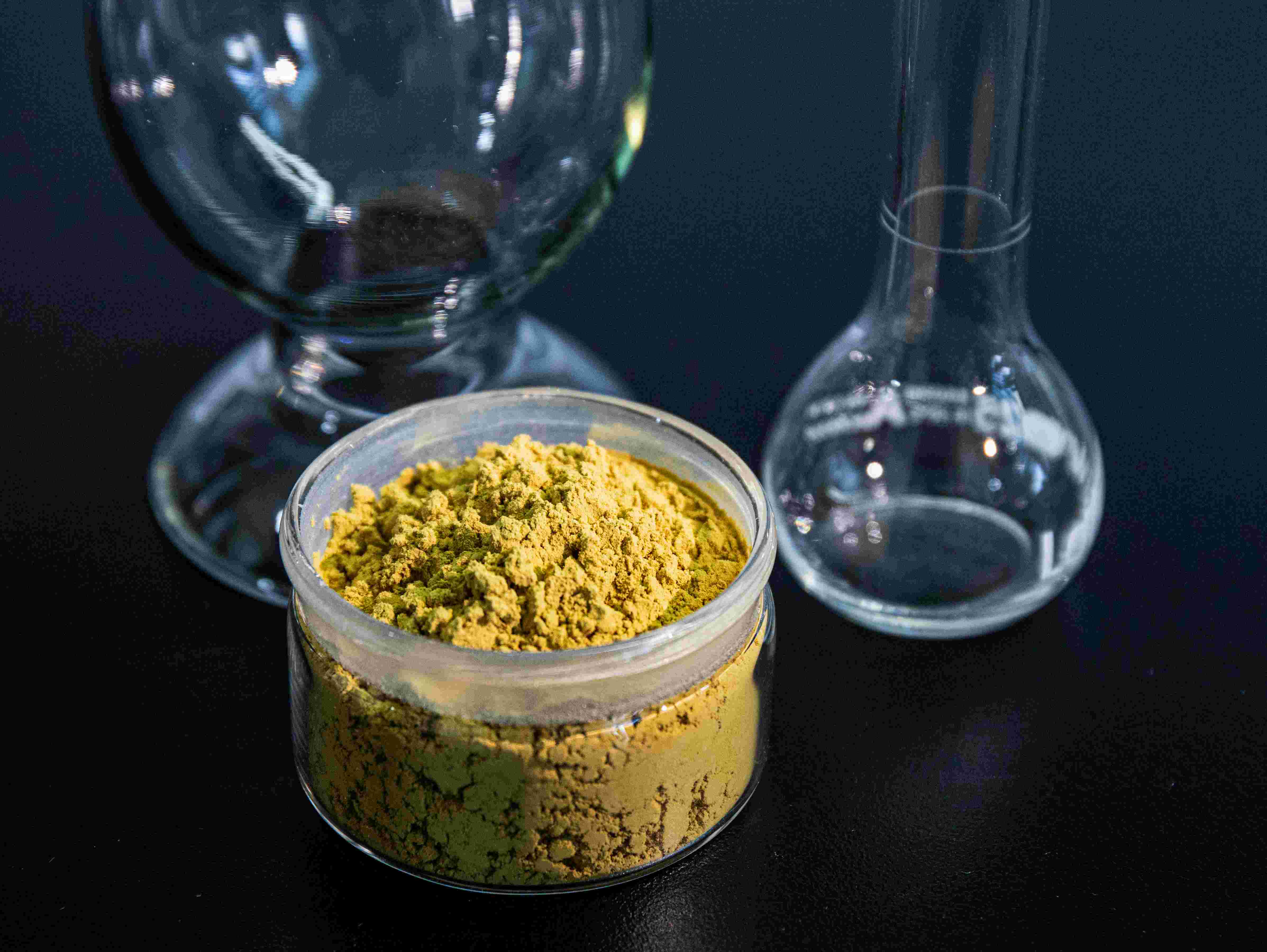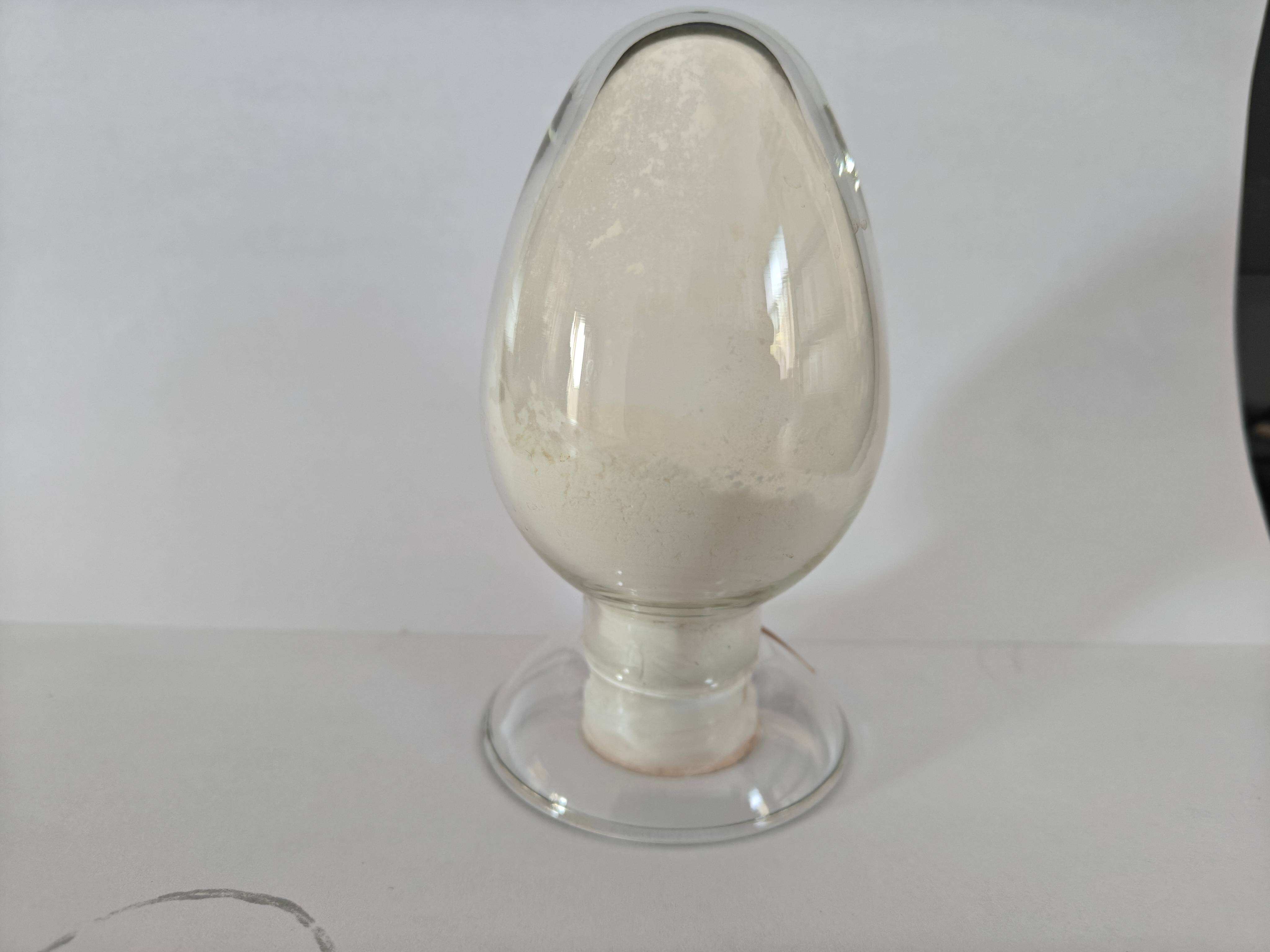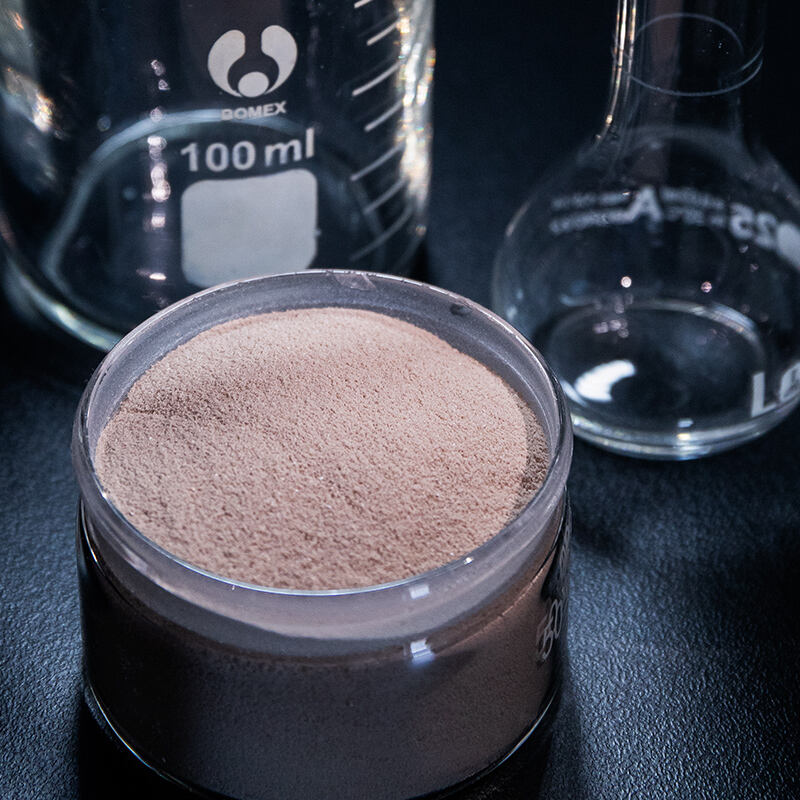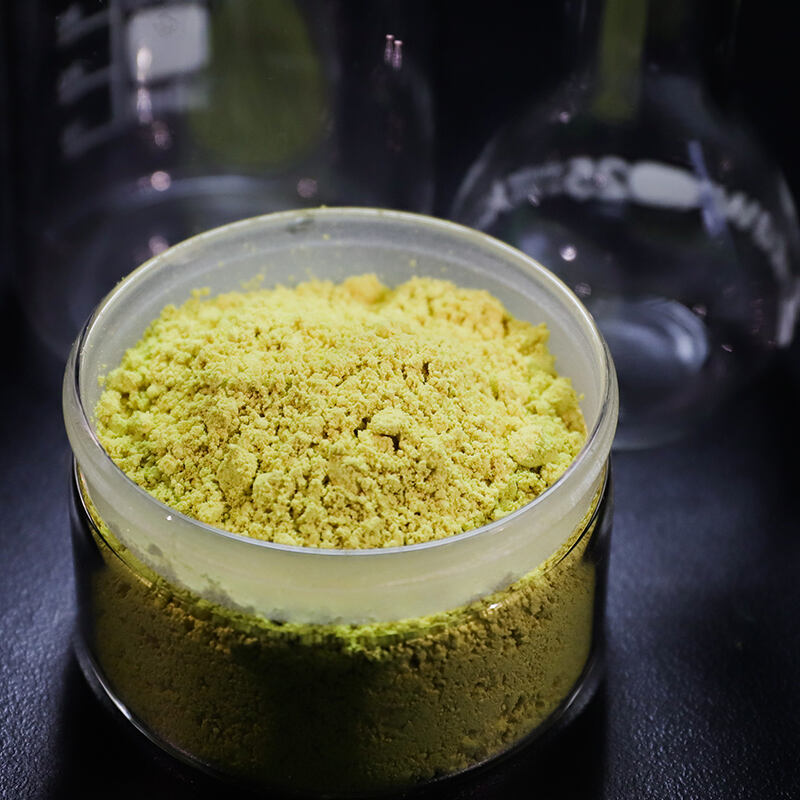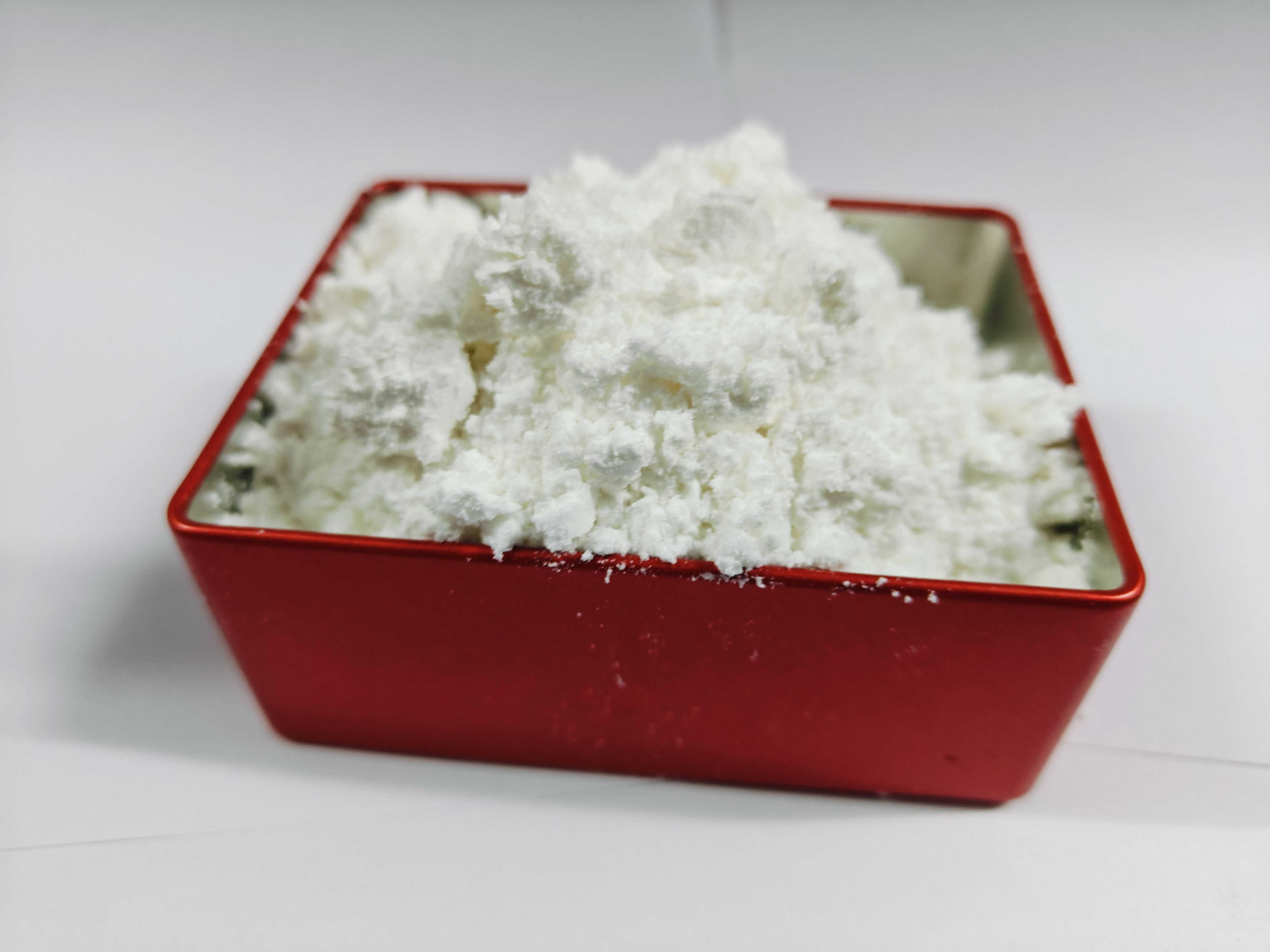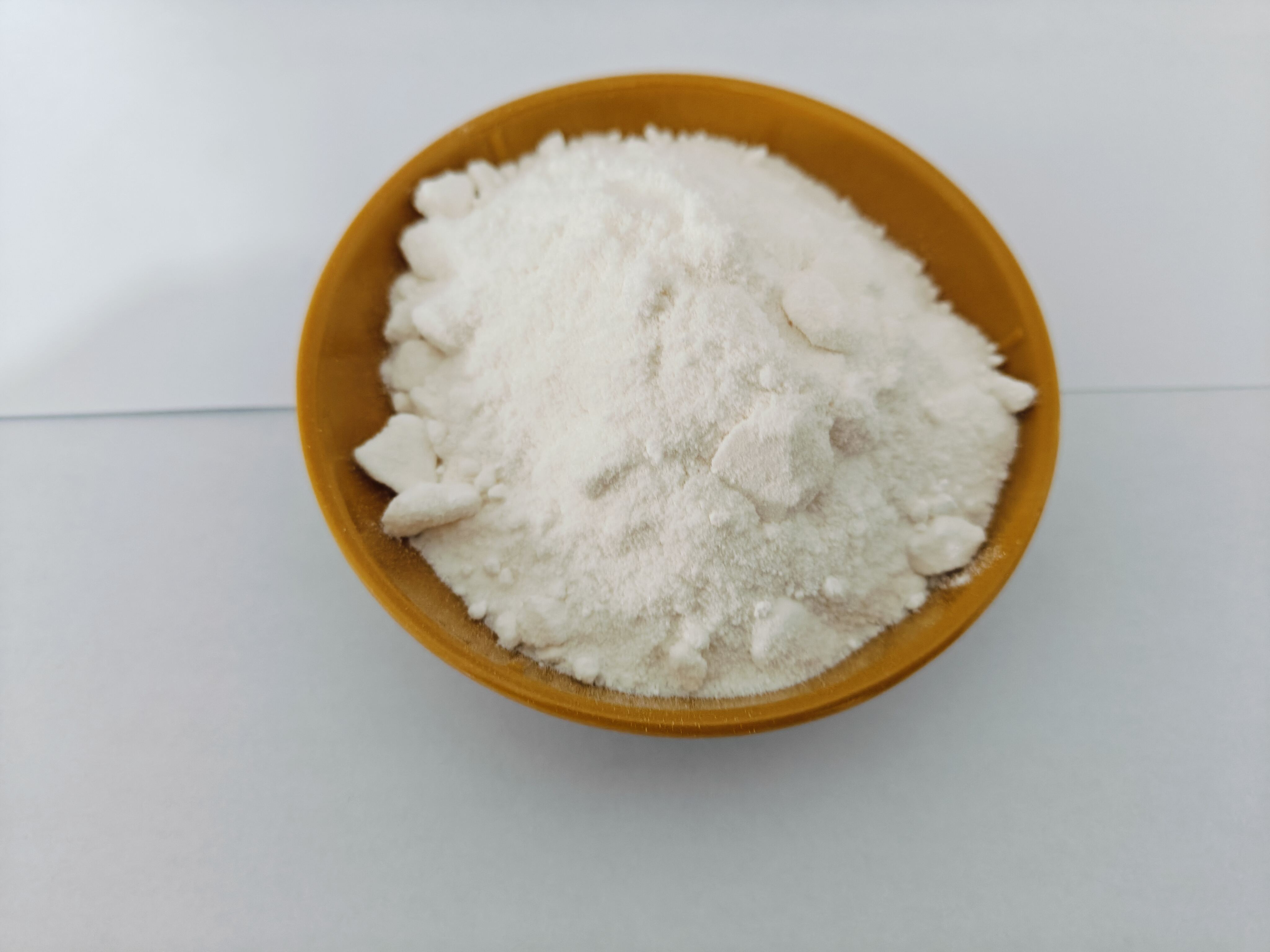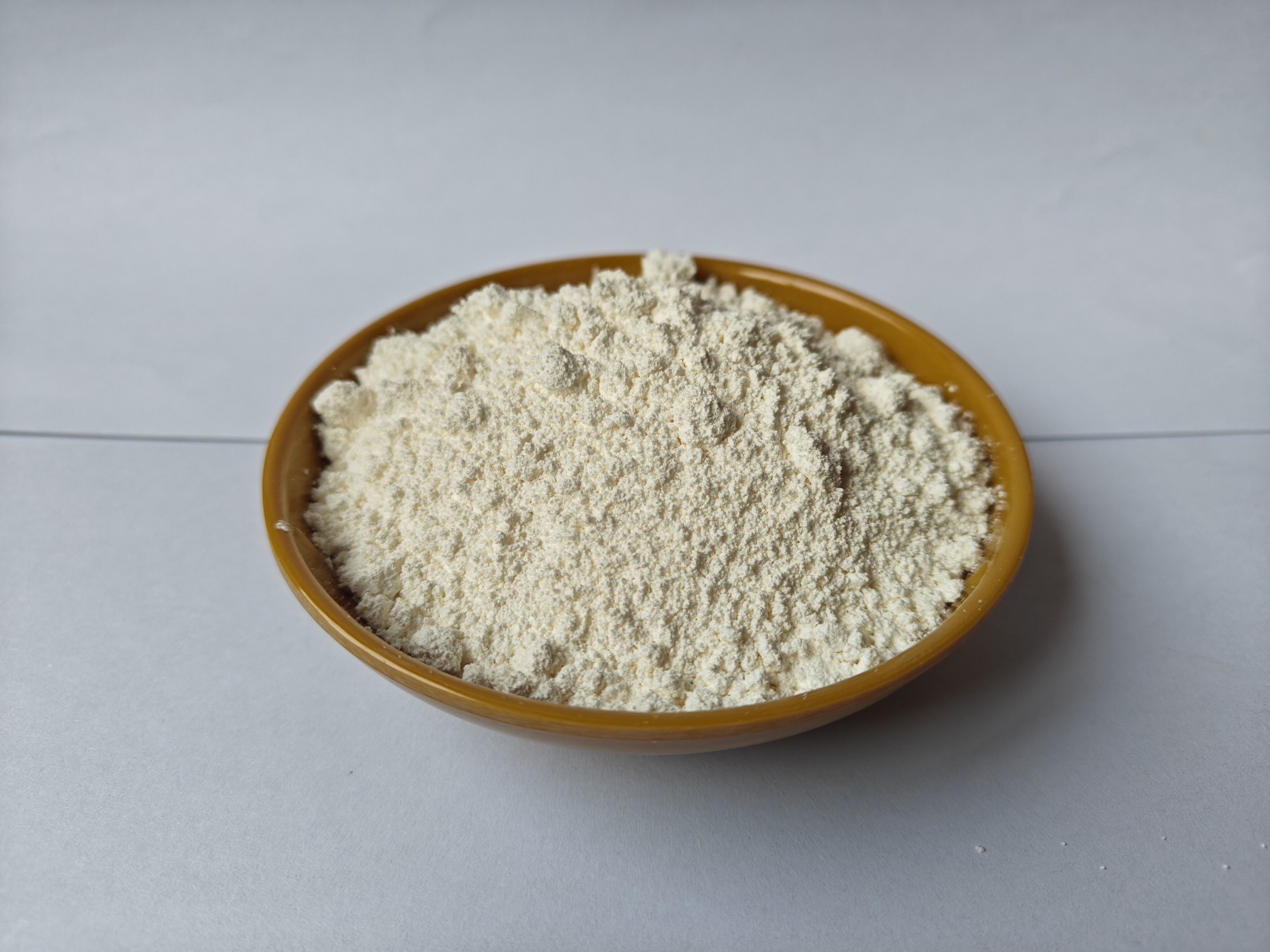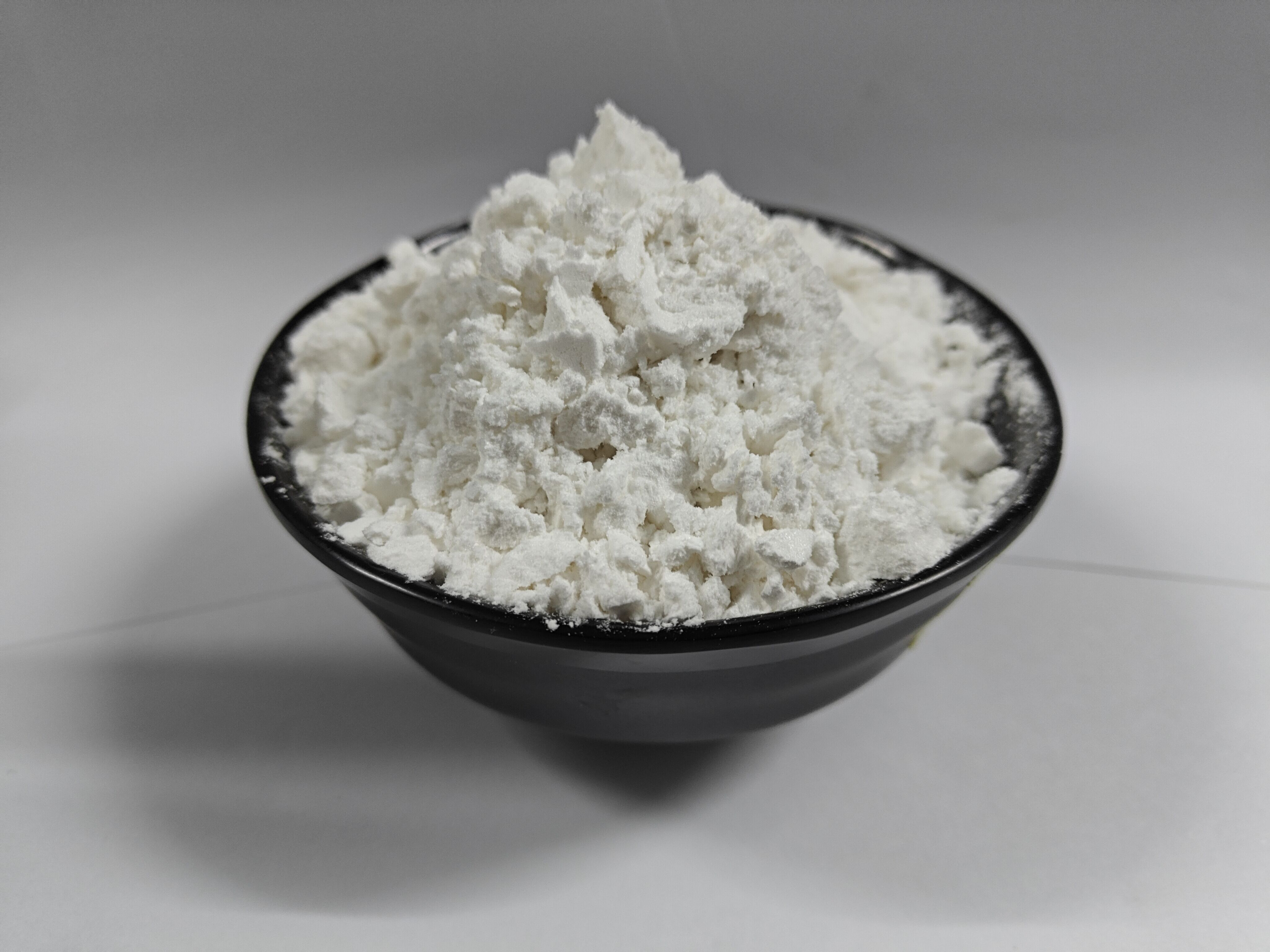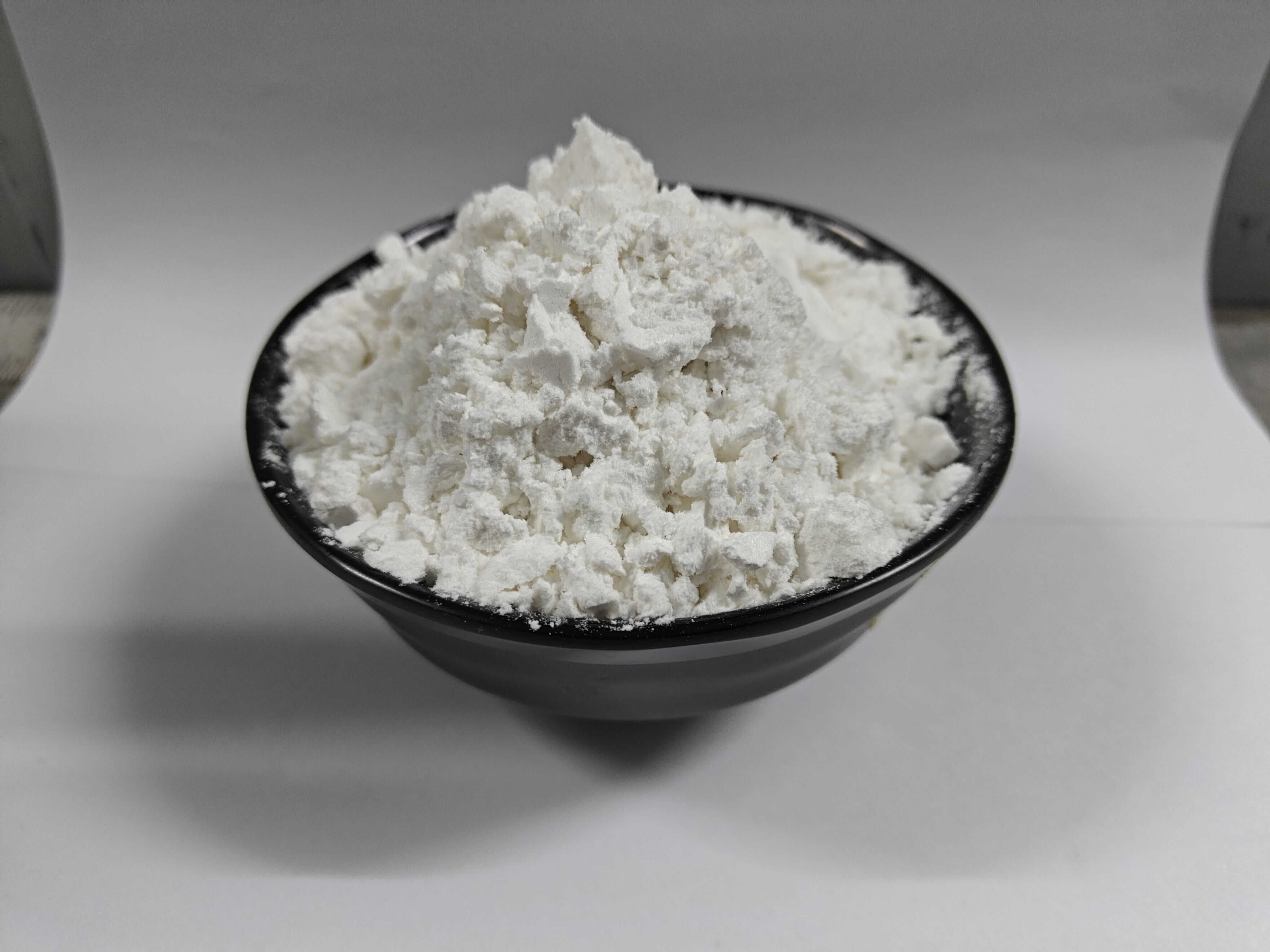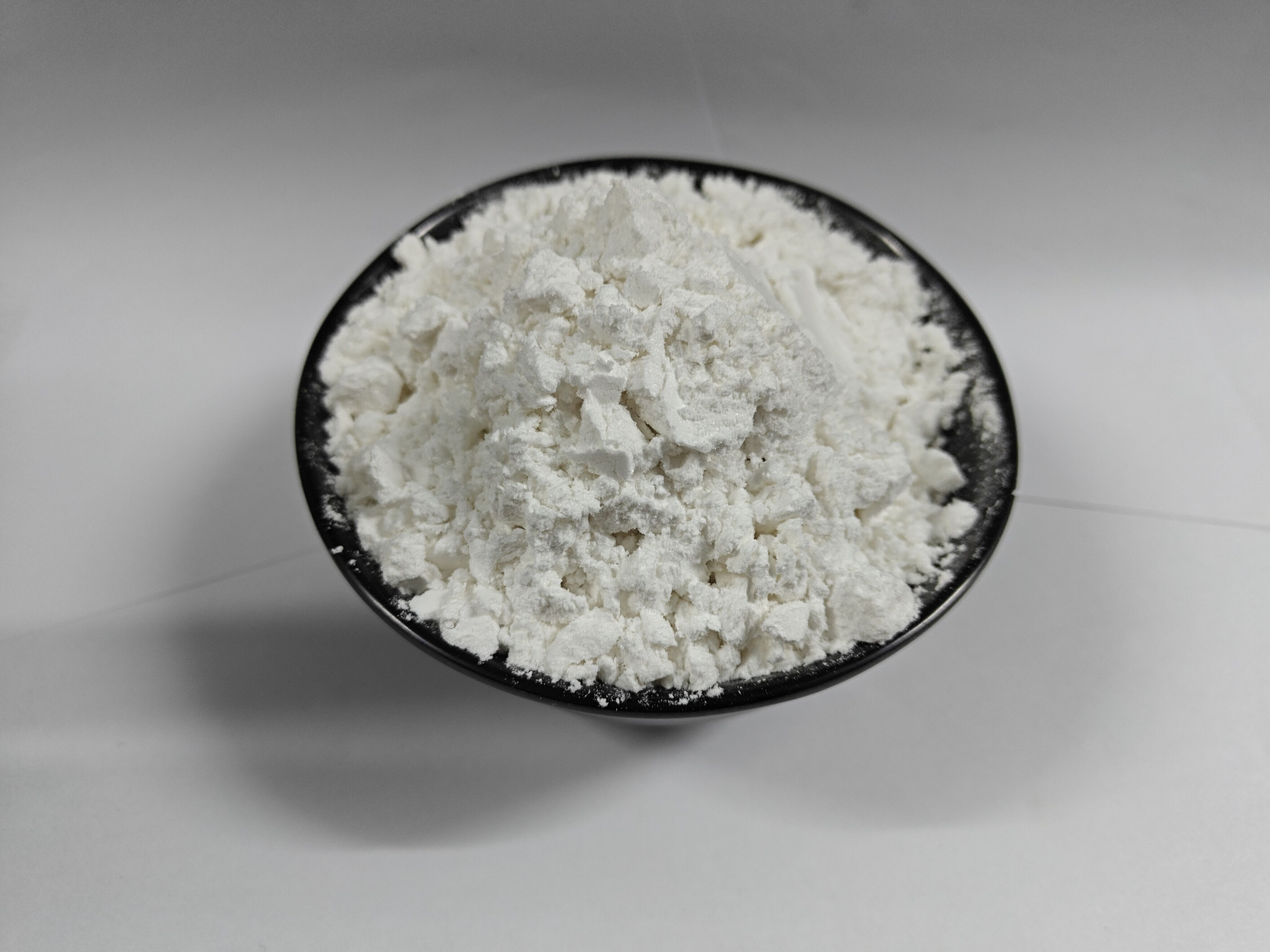връзките на амид с CDI
CDI (Carbonyldiimidazole) амидните връзки представляват крачка напред в синтетичната химия и фармацевтичното развитие. Тези връзки се образуват чрез реакция между карбоксилни киселини и амини, като CDI служи за ефикасен свързващ реагент. Процесът създава стабилни амидни връзки, които са от съществено значение за синтезата на пептиди и разработването на лекарства. Образуването на CDI амидни връзки се провежда при умерени условия, което ги прави особено ценни за чувствителни молекулярни структури. Този метод предлага превъзходна изборност и високи производителности спрямо традиционните методи за свързване, като произвежда минимален брой странични продукти. Технологията позволява прецизен контрол върху образуването на връзките, което е важно за производството на сложни фармацевтични съединения, пептиди и други биоактивни молекули. В индустриалните приложения CDI амидните връзки са ключови за производството на различни фармацевтични продукти, агрохимикали и специални химикали. Многострунността на метода позволява както малкомасштабна синтеза в лабораторията, така и големкомасштабно индустриално производство. Допълнително, съвместимостта на реакцията с различни функционални групи и нейната екологична природа я правят предпочитан избор в инициативите за зелена химия. Водорастворимите побочни продукти и отсъществяването без токсични отпадъчни потоци още повече подобряват нейната привлекателност в устойчивите химични процеси.

